Data storytelling tools like dashboards have been around for a long time, but they have recently...
On 11th October, we were delighted to welcome 30 leading finance professionals to the IWG International offices in Central Amsterdam for the city's first FP&A Board since COVID-19 broke out. We met to discuss key lessons learned from the pandemic and how FP&A needed to adapt and reinvent itself.
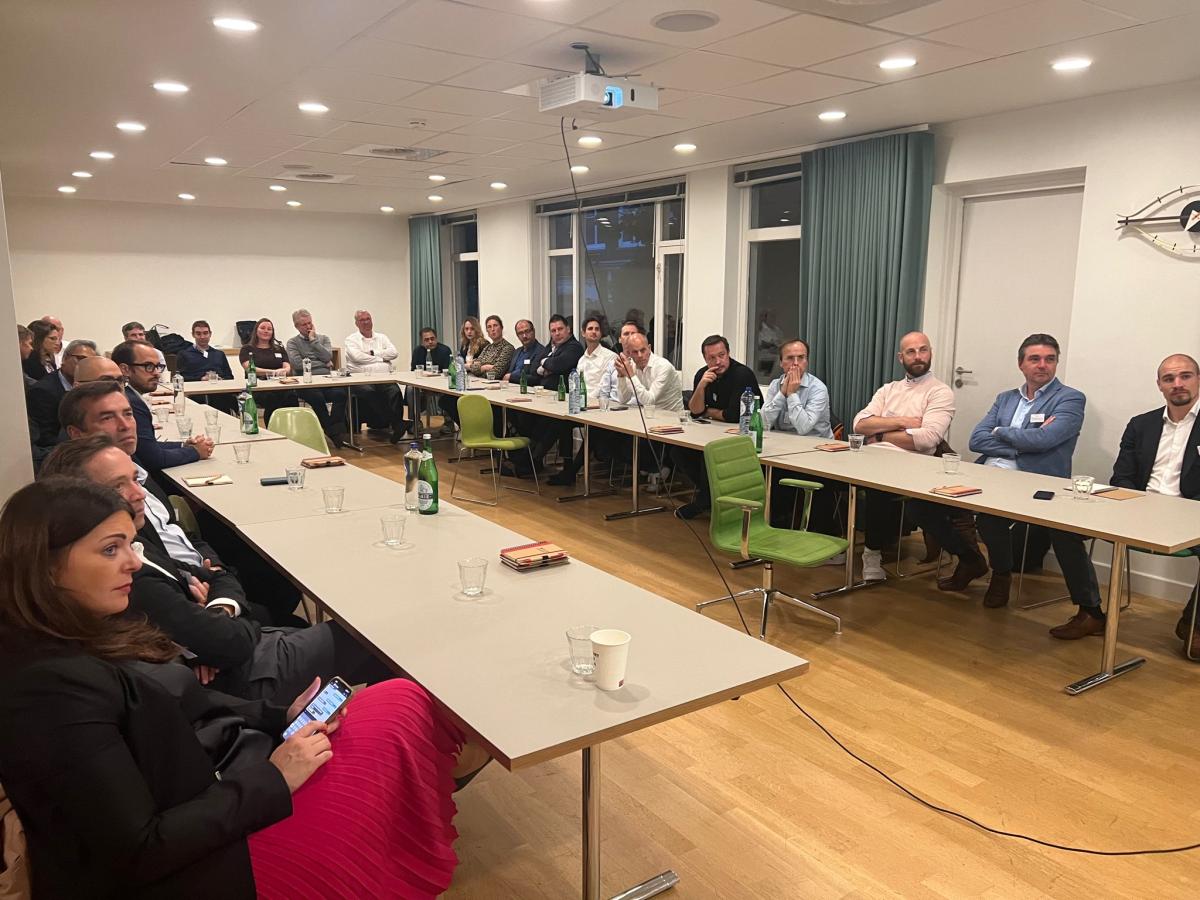
Figure 1: Amsterdam FP&A Board Meeting on the 11th of October, 2022
Top lessons learned from the Pandemic
To open our discussion, we examined the importance of FP&A Scenario Management in planning in uncertain times. Scenario Management is very different to traditional Scenario Planning as it is a much quicker and more multidimensional process. We are constantly scanning the horizon for threats and opportunities and running scenarios.
The 2022 edition of the FP&A Trends Survey revealed that 6% of the organisations surveyed are running Real-Time Multidimensional Scenarios, and another 13% can run these scenarios in less than one day. However, 26% of the businesses surveyed reported that they could not run Scenario Planning. We opened the discussion to share perspectives, with board members suggesting effective strategies and learning from one another.
We then looked at the concept of xP&A, moving from traditional planning to Extended Planning and Analysis. It is where planning goes beyond finance and becomes cross-functional through the vertical and horizontal alignment of Strategic, Financial and Operational plans. We can achieve it through the Digital Transformation of tools and processes. The diagram below shows six key factors cited for successful xP&A implementation.
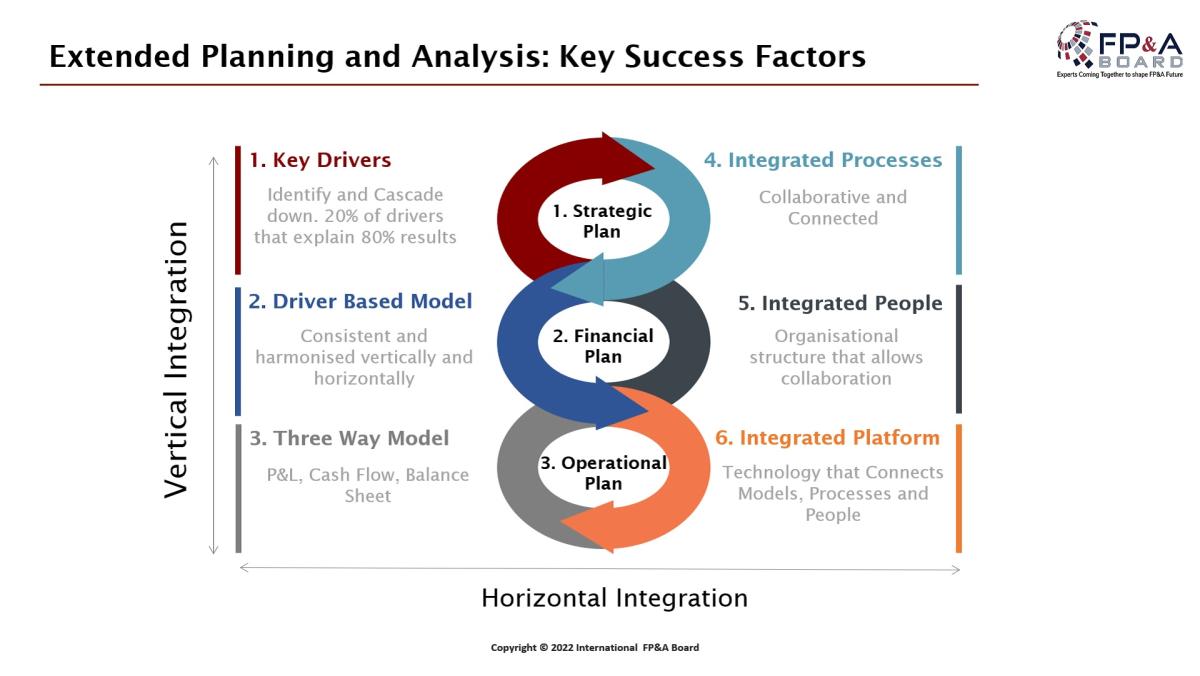
Figure 2: Key Factors for a Successful Implementation of Extended Planning and Analysis (xP&A)
Another key lesson from the pandemic is the critical nature of specific roles within a successful FP&A team. FP&A teams are now more frequently adopting a 5-role model comprising the FP&A Architect, the Analyst, the FP&A Data Scientist, the Storyteller and the Influencer. The importance of data and data-related skills came through strongly in our discussion, highlighting the importance, in particular, of the Architect and the Data Scientist roles. We also discussed the growing importance of soft skills within the team, with the Storyteller and Influencer playing increasingly important roles. Our recruitment partner also shared that the drive to recruit FP&A talent is now based more on the value of softer skills.
We explored how Digital FP&A can generate real-time analytical insights using internal and external data with minimum manual effort. It brings greater speed, agility and exceptional granularity to the table. The latest FP&A Trends Survey highlighted exactly why we need it. FP&A teams are still spending 67% of their time on data collection, validation and generation and just 33% on value-added activities like insight generation and driving actions. We would much rather spend 55% of our time doing the latter.
Case study
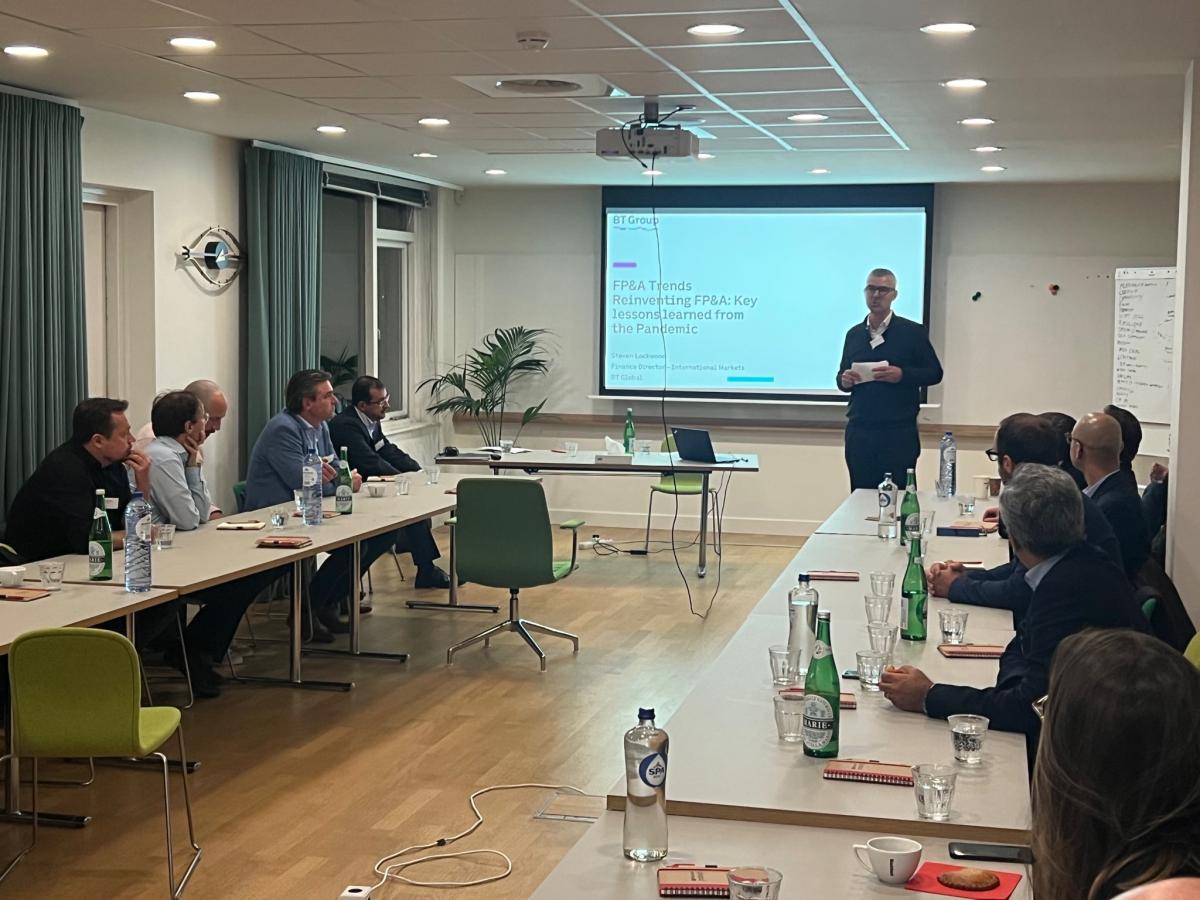
Figure 3: Steven Lockwood Delivers a Presentation on the Lessons Learned from the Pandemic
Steven Lockwood, Finance Director at BT International Markets, shared some challenges and developments the company has faced on its journey through the storm of the pandemic-induced climate. After the break, he took us through his experience at BT and shared how the company had adapted to the demands of that time.
The four key areas where BT worked to adapt and evolve were:
- Moving to a full Driver Based Planning
- Developing greater flexibility and adaptability
- Redefining the finance operating model
- Understanding productivity
He also showed us how the company's sales planning now links into financial planning in a consolidated, extended planning model.
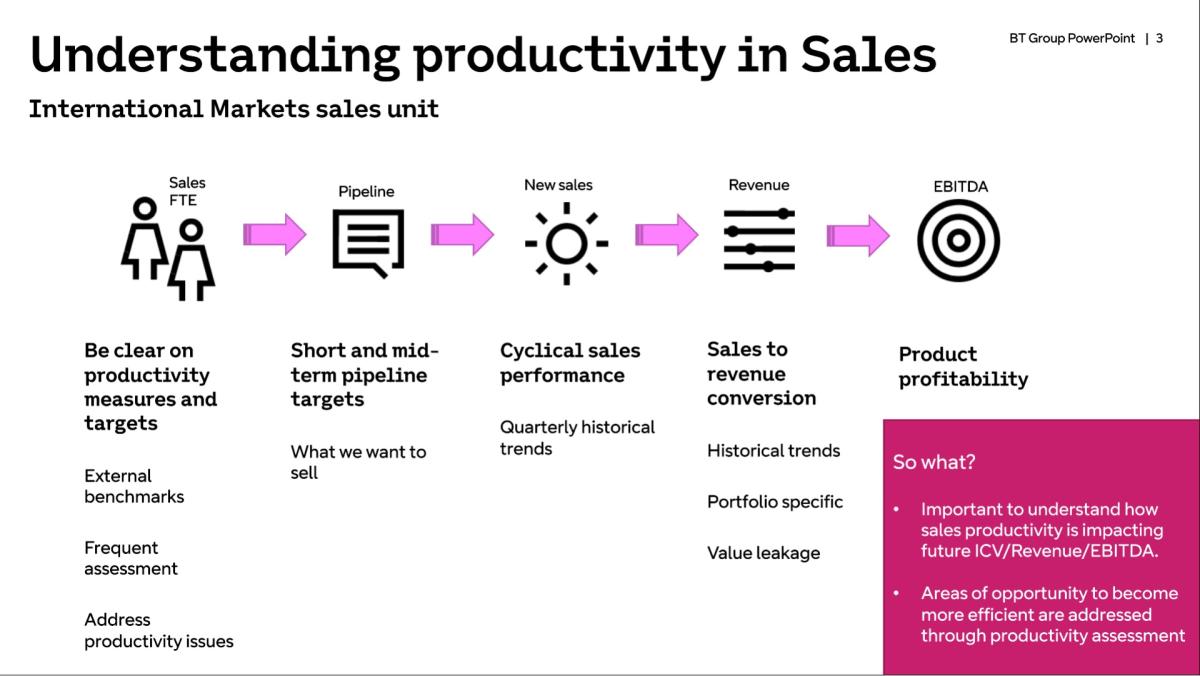
Figure 4: Key Findings from Steven Lockwood's Presentation
Conclusion
To round off the session, we discussed the following important questions in smaller focus groups:
- What are the practical steps in implementing xP&A?
- How can we move from Traditional Planning to Scenario Management?
- How can organisations prepare themselves for successful analytical transformation?
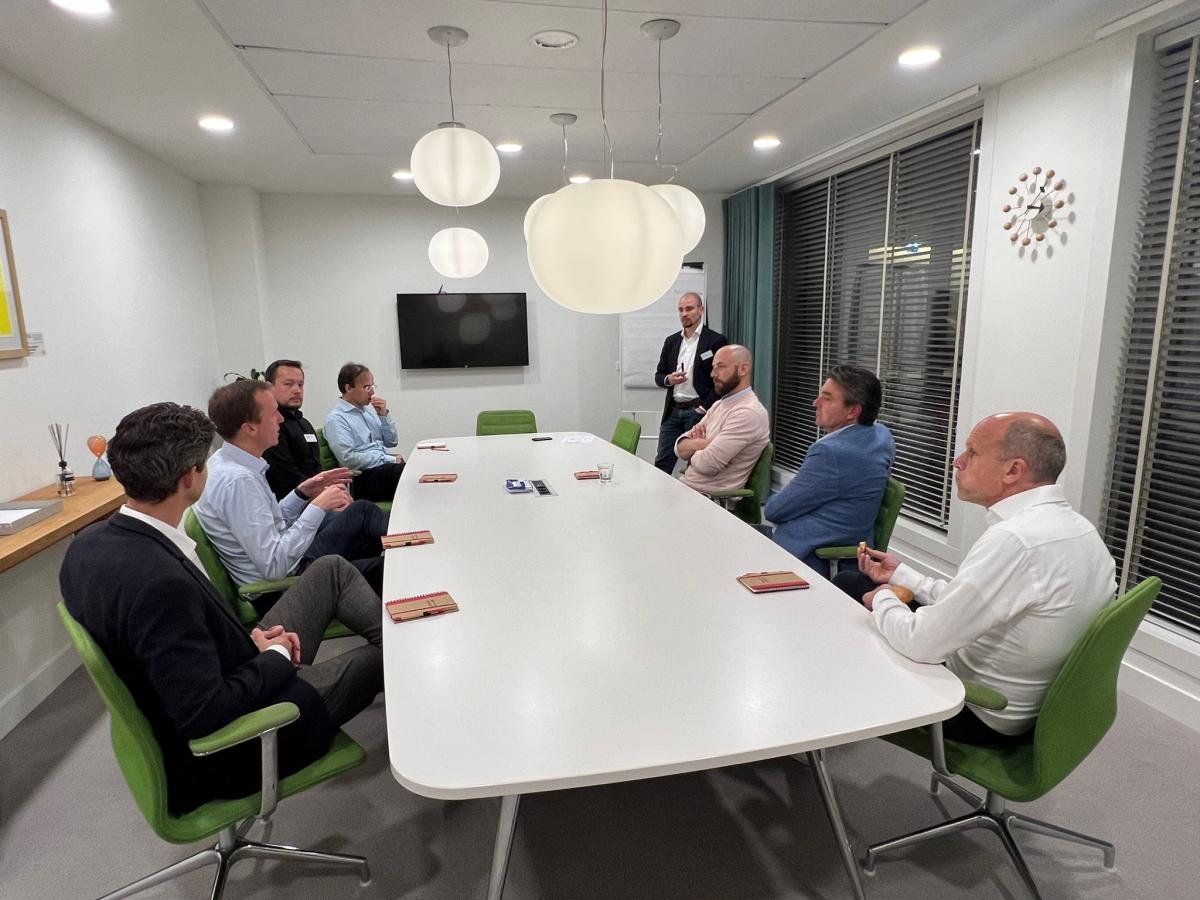
Figure 5: Networking during the Amsterdam FP&A Board on the 11th of October, 2022
We concluded the evening by networking and enjoying plenty of food and drinks. We would like to thank our sponsors for making this event so successful and inspiring. The event was sponsored by SAP and our global venue provider IWG.
Subscribe to
FP&A Trends Digest

We will regularly update you on the latest trends and developments in FP&A. Take the opportunity to have articles written by finance thought leaders delivered directly to your inbox; watch compelling webinars; connect with like-minded professionals; and become a part of our global community.





